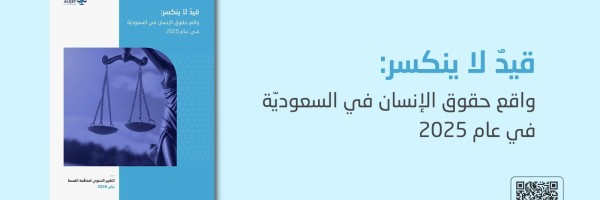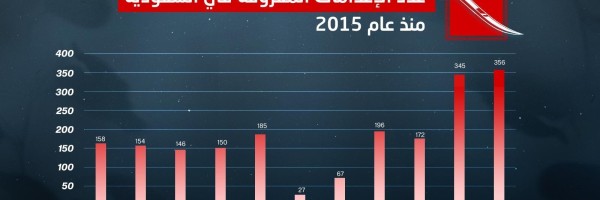On 10 February 2021, woman human rights defender (WHRD) Loujain al-Hathloul was conditionally released by the Saudi authorities after spending over 1,000 days in prison. This follows the conditional release earlier in the year of WHRD and blogger Nouf Abdelaziz, after more than two and a half years in prison.
Al-Hathloul was released after serving a sentence imposed by the Specialised Criminal Court (SCC), Saudi Arabia’s terrorism tribunal, of five years and eight months in prison, half of it suspended. The sentence places her under heavy restrictions following her release, including three years of probation and a five-year travel ban. The court sentenced al-Hathloul on 28 December 2020 following a grossly unfair trial, in which she faced charges based solely on their human rights activism. Al-Hathloul has appealed the verdict.
Fellow WHRDs Nassima al-Sadah and Samar Badawi remain in detention. In a worrying development, the Public Prosecution has appealed the initial sentence issued on 25 November 2020 by the Criminal Court against al-Sadah of five years and eight months in prison, half of it suspended, seemingly with the aim of securing an even harsher sentence. Other WHRDs temporarily released since 2019 also continue to face unfair trials, and some have already been sentenced. The sentences issued against the women range from two and a half years to five years and eight months in prison, on charges relating to their peaceful activism.
ALQST's Executive Director Alaa Al-Siddiq commented: “The release of some of these women, which is long overdue, is a testament to their strength and tenacity and the tireless efforts of people around the world, without which they would likely still be behind bars. The Saudi authorities must now ensure that their convictions are quashed and restrictions are lifted, and immediately release those still in detention.”
ALQST calls once again for the Saudi authorities to drop all charges against the women human rights defenders and release them immediately and unconditionally, as well as all those detained for the peaceful expression of their opinions or for acting to promote human rights.
Background
On 15 May 2018, the Saudi authorities launched a campaign of arrests of women human rights defenders, as well as several men who advocated for women’s rights. Further arrests followed between May and July 2018, within the weeks just before and after the lifting on 24 June 2018 of the ban on women driving in Saudi Arabia. The women targeted had been at the forefront of the women’s rights movement in Saudi Arabia for many years, not only campaigning for the right to drive but also demanding full citizenship and equality.
In the months following their arrests, ALQST was informed that several of the women suffered sexual harassment, torture and other forms of ill-treatment during interrogation, including being stripped naked, groped, beaten and subjected to electric shocks. Several have also been subjected to long periods of incommunicado detention, and during 2020 Loujain al-Hathloul undertook two hunger strikes over being repeatedly denied contact with the outside world for months.
The trial of the WHRDs began in Riyadh in March 2019. After months of delays and prolonged detention without their trials proceeding, on 25 November 2020 Nouf Abdelaziz, Loujain al-Hathloul, Nassima al-Sadah, Mayaa al-Zahrani and Samar Badawi were brought before the Criminal Court in Riyadh in separate trial sessions. Al-Hathloul’s case was transferred to the Specialised Criminal Court in December after the Criminal Court concluded that it was “outside its jurisdiction”.
On 10 December 2020, during the first session of al-Hathloul’s trial to take place in the SCC, the Public Prosecution presented an amended indictment against her. ALQST reviewed both the original and the amended indictments, published by members of al-Hathloul’s family, and can confirm that all of the charges related to her human rights activism, including joining a group on Telegram called “Sawaleef (chit-chat)” where she discussed human rights.




